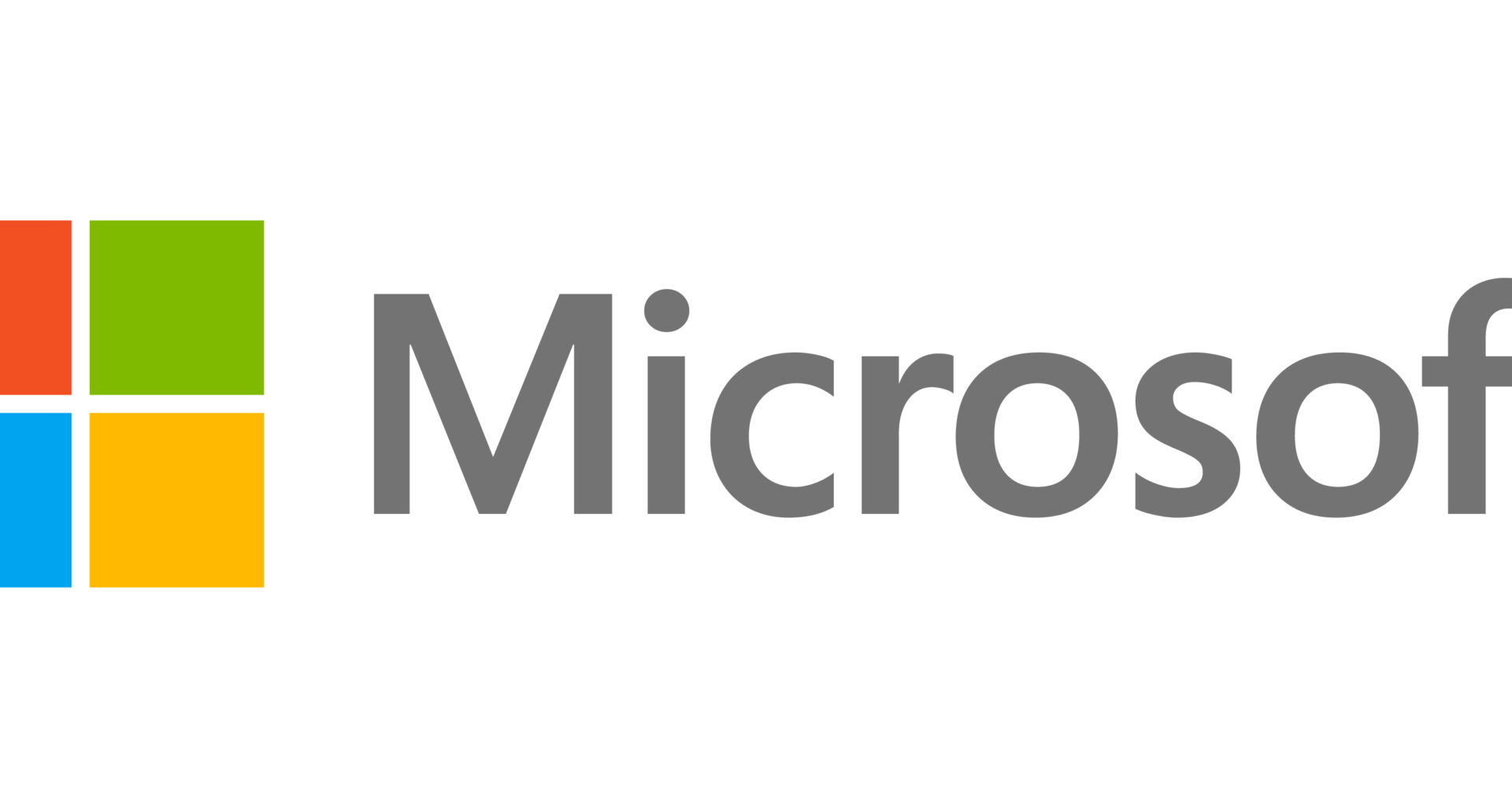Microsoft has purchased a land parcel in Pune’s Hinjewadi area for Rs. 453 crore, marking its second significant land acquisition in the region within the past month. This transaction follows an August deal where Microsoft acquired 66,415 square meters (16.4 acres) of land in the same locality for approximately Rs. 520 crore.
The recent land deal, finalized in September 2024, involved 66,450 square meters (about 16.4 acres) bought from Viva Highways Limited. The acquisition, registered under Microsoft Corporation (India) Private Limited, included a stamp duty of Rs. 27.18 crore and a registration fee of Rs. 30,000.
This purchase is part of Microsoft’s broader strategy to enhance its commercial real estate holdings in India. The company has previously bought 25 acres in Pimpri-Chinchwad for Rs. 328 crore in 2022 and 48 acres in Hyderabad for Rs. 267 crore earlier this year.
Microsoft, which employs over 23,000 people across Indian cities such as Bengaluru, Chennai, Hyderabad, Mumbai, and Pune, is also focusing on expanding its data center operations in the country. The company’s ADVANTA(I)GE INDIA initiative aims to train 2 million people in AI and digital skills by 2025.
Also Read: Microsoft Invests ₹520 Crore in Prime Pune Land Parcel









